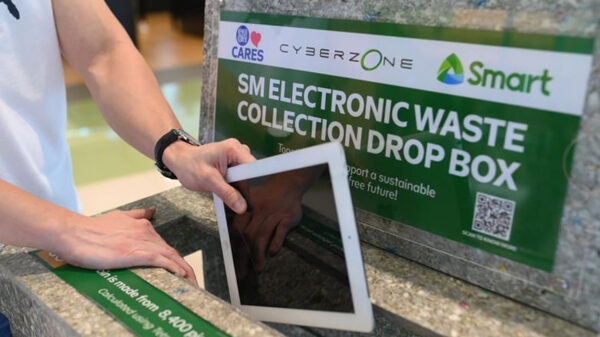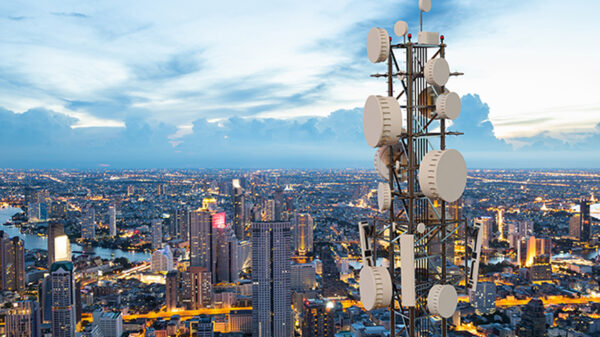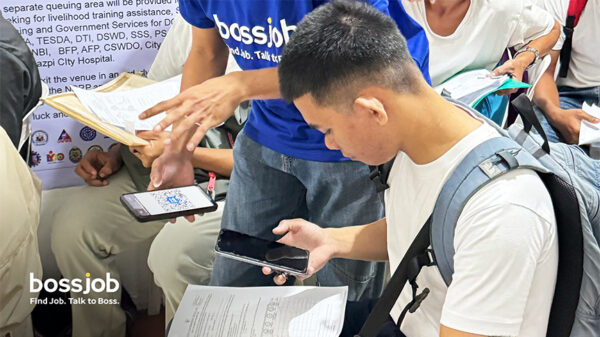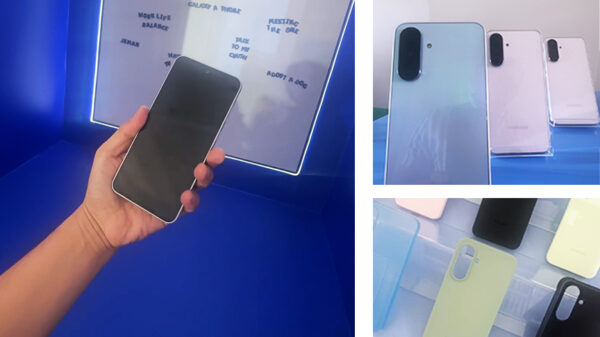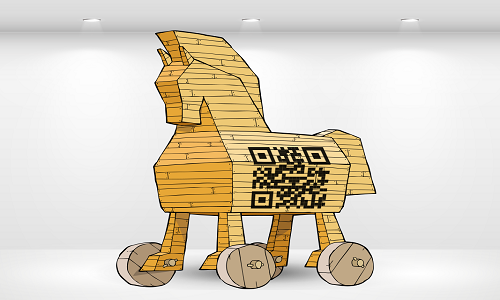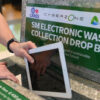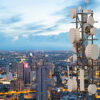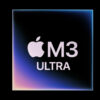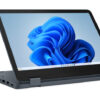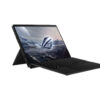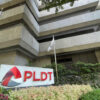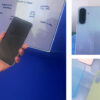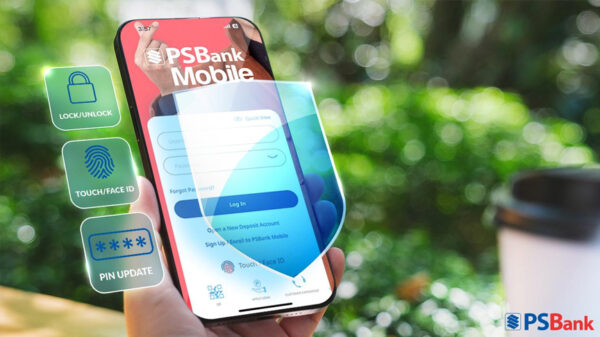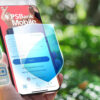Fraudsters are constantly coming up with new tricks to lure users to their malicious sites. One dodge that has become popular recently is to encrypt a phishing link in a quick response (QR) code.
QR codes offer a convenient tool to send links to a mobile device, from computer screens or printed pages. However, while experienced users can recognize fake URLs on screen, there is no way of identifying a rogue QR code with the naked eye. This means cybercriminals are not only able to replace pictures with codes online; they can also physically glue their malicious QR codes over genuine ones on real-world posters and notices.
 Phishing itself – the creation of fake pages in order to obtain users’ personal data or infect their devices with malware – Is nothing new. It has been used by cybercriminals for many years. Kaspersky Lab has a proven track record of successfully combating this threat and has extensive databases of malicious links and effective technologies to identify hazardous sites that recently appeared on the Internet. Now Kaspersky Lab is extending its anti-phishing protection to QR codes.
Phishing itself – the creation of fake pages in order to obtain users’ personal data or infect their devices with malware – Is nothing new. It has been used by cybercriminals for many years. Kaspersky Lab has a proven track record of successfully combating this threat and has extensive databases of malicious links and effective technologies to identify hazardous sites that recently appeared on the Internet. Now Kaspersky Lab is extending its anti-phishing protection to QR codes.
Kaspersky QR Scanner is a free application for Apple iOS and Google Android. It includes nothing superfluous: no additional optional features, no unnecessary buttons. The program uses the following approach: scan – check – open. As soon as the square shape of a QR code becomes visible to the device’s camera, the app responds by checking the information encoded in the QR code. If everything is OK, it opens the page. If the link leads to a phishing or a malicious site, the user sees a warning notification. In addition to the website addresses, the scanner correctly detects any texts encrypted in QR codes as well as contact information, and can also quickly accept Wi-Fi settings and connect the device to the network.
“All communication channels via which the fraudsters can transfer harmful information to devices need to be protected. Today they are hiding links in QR codes, so we need a secure scanner.
Tomorrow, if they learn to send links via the radio or attach a punch card reader to telephones, we will have to protect them as well. The main thing is that Kaspersky Lab technology can detect the risk and effectively protect users,” said Alexey Chikov, Senior Product Manager, Kaspersky Lab.
Kaspersky QR Scanner is a new addition to the range of Kaspersky Lab mobile products for home users. These currently include solutions such as Kaspersky Safe Browser for iOS and Windows Phone, Kaspersky Internet Security for Android and Kaspersky Password Manager for iOS and Android.

